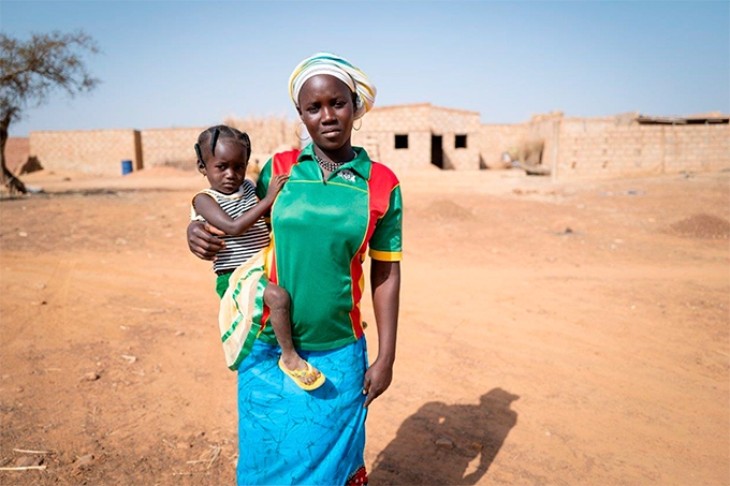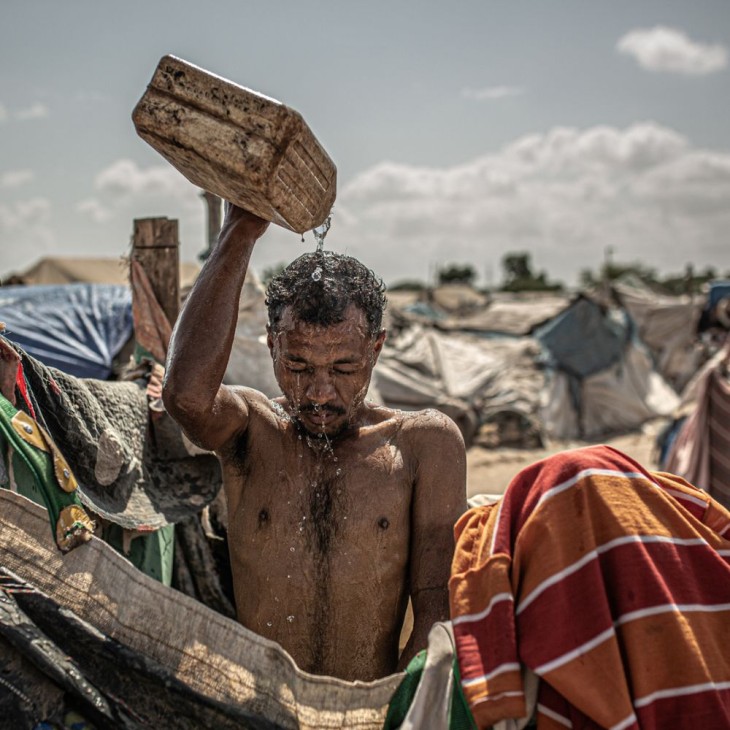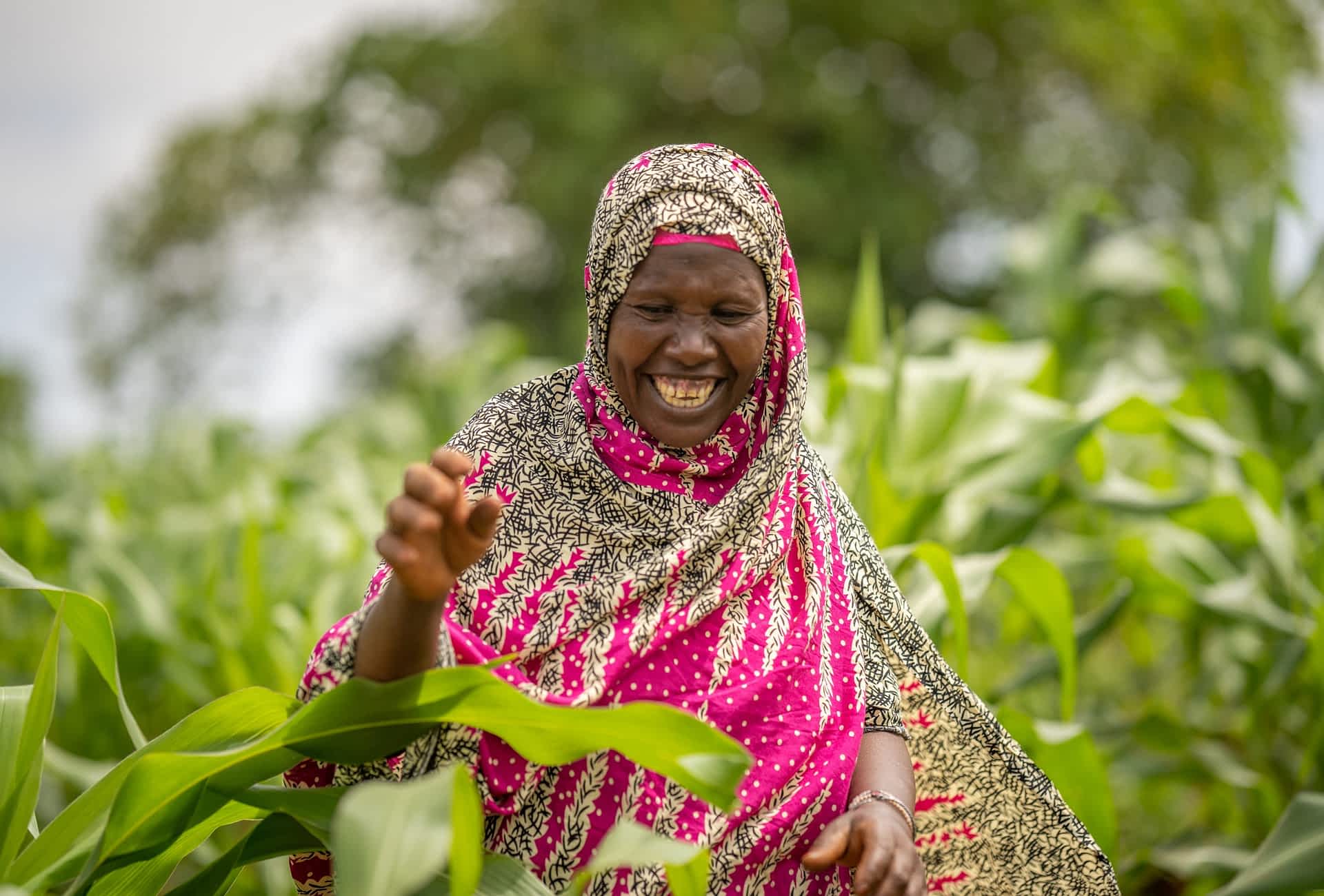Policy brief on private climate adaptation

West Africa is one of the world’s climate hotspots, where rising temperatures, unpredictable rainfall, and extreme weather events are already pushing millions of people deeper into poverty. Climate change is no longer a distant threat—it is a present reality that impacts food security, livelihoods, and human rights.
Why Climate Adaptation Matters Now
Despite commitments under the Paris Agreement, global climate adaptation finance remains alarmingly insufficient. Rich countries have pledged $100 billion annually to help developing nations adapt and mitigate the impacts of climate change, but only about 20% of these funds currently target adaptation. This leaves a critical financing gap, particularly for rural communities in West Africa who are most vulnerable to the climate crisis.
To close this gap, there is an urgent need to involve the private sector in climate adaptation efforts. Private companies can bring investment, technology, and innovative solutions. But the key question remains: will private sector-driven adaptation products truly reach the region’s most vulnerable communities?
The Role of the Private Sector in Climate Adaptation
Traditionally, climate adaptation has been viewed as the responsibility of governments and donors. However, the scale of the challenge requires mobilizing private capital alongside public funds. The private sector can:
- Provide innovative technologies such as solar-powered irrigation, drought-resistant seeds, and improved storage solutions.
- Develop market-based models that make adaptation solutions accessible and affordable for rural households.
- Create jobs and alternative livelihoods, reducing the drivers of migration and instability in the region.
Public-private partnerships (PPPs) are essential to make this work. Governments and civil society must create an enabling environment that encourages responsible investment while ensuring that adaptation solutions remain pro-poor and inclusive.
The Accra Dialogue: A Collaborative Approach
In the last week of January 2017, Oxfam Danmark and six West African civil society organizations convened in Accra, Ghana, for a five-day “Book Sprint.” This innovative process allowed participants to co-create a policy paper that examines the opportunities and risks of private sector involvement in climate adaptation.
The discussions emphasized that while private investment is critical, it must be guided by strong frameworks, transparency, and safeguards to prevent exclusion of marginalized groups such as women, youth, and persons with disabilities.
The resulting policy brief highlights the importance of:
- Multi-stakeholder partnerships involving government, civil society, and private actors.
- Gender-responsive strategies that recognize the disproportionate impact of climate change on women.
- Inclusive financing models that provide access to credit for small-scale farmers and social entrepreneurs.

